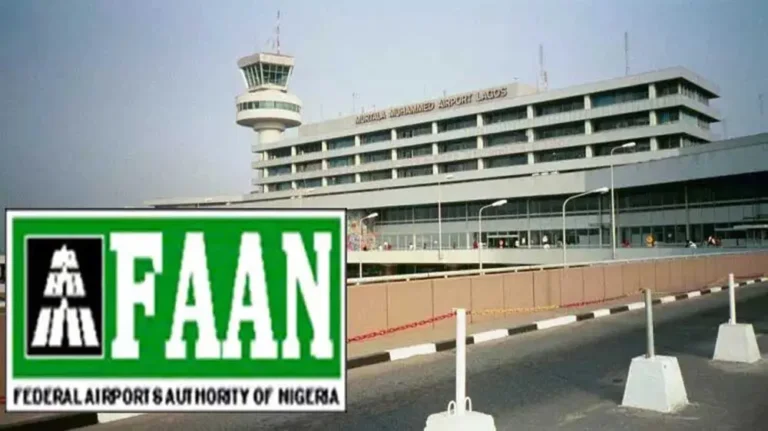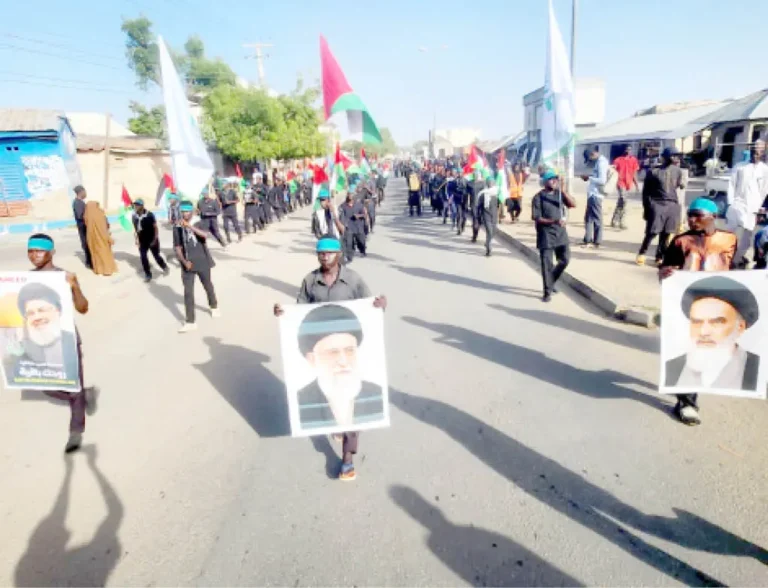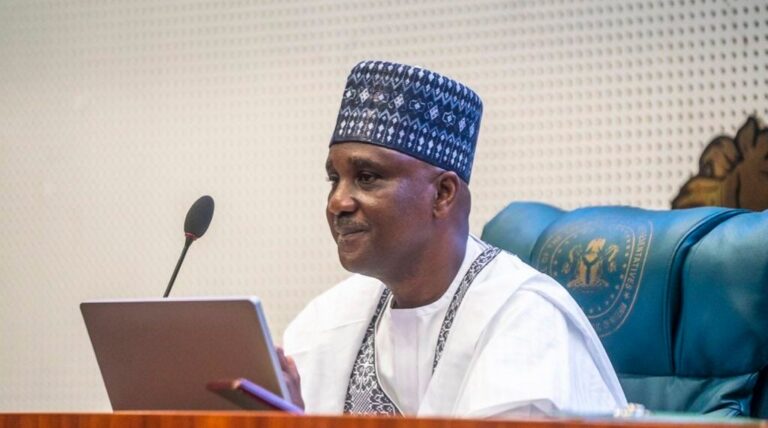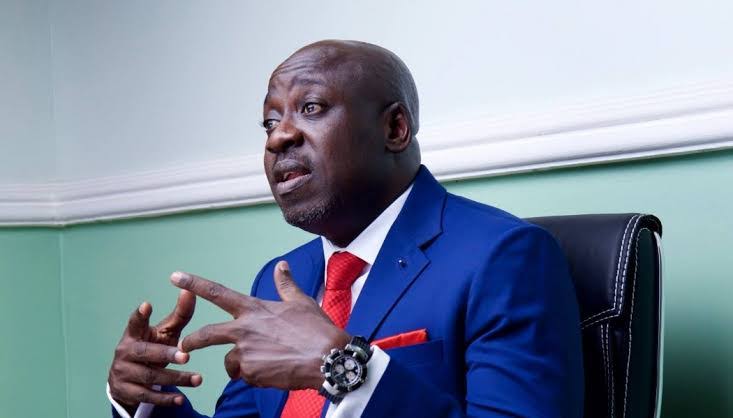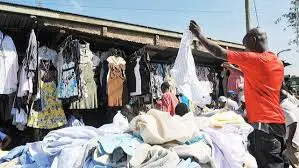
Until the late 2000s, when people started realising the quality in used clothes imported from abroad, okrika sellers, or bend down boutique, as they are called in local parlance, was mainly for the poor who couldn’t afford brand new clothes. Then, it was cheap.
But when the high and mighty discovered that wears from these derogatorily tagged bend-down boutiques lasted longer than most new clothes, the poor were gradually and systematically eased off the queues. The prices went high and only the rich could afford them.
However, as the economic downturn continues, both rich and poor returned to the same page again.
They can’t even see the clothes to buy. Why? Importers are not able to bring them in anymore. Even when they do, it costs an arm and a leg to clear the goods at the ports.
Ordinarily, foreign used clothes are seen as contrabands in Nigeria, and are seized by the customs on interception.
To bring them in, most sellers go through smuggling routes; by road or water ways, at nights, paying heavily for such risks.
Before now, they usually had 90 per cent success with such tactics.
However with the intense scrutiny and measures, such tactics are no longer successful, and sellers now require more money to bring in okrika.
Further investigations showed that the price of a bale of high-grade okrika clothes ranges between N500,000 to N600,000, which was not more than N50,000 some years back.
The price of a lower grade okrika ranges between N200,000 to N300,000.
Economy&Lifestyle has discovered that as a result, used Nigerian clothes are mostly what is traded at most bend down boutiques at the moment.
According to Maxwell Okechukwu, an okrika seller, most times we don’t get lucky with these bales because upon opening them, we may find small size wears in an adult bale and have difficulty in selling them because most of the customers are adults.
“A bale might contain office wears and comes in smaller sizes which might be difficult for a seller who specializes in selling dinner gowns or club wears.
“Selling okrika has its risk, and if you don’t have enough capital to buy bales, it’s better to select and sell or abstain from the business totally”, he advised.
Mrs. Helen Akugbe, an okrika seller said: “I buy used clothes from Nigerians and sell it as London used clothes.
“You know we have the United Kingdom, United States, China, among other types of okrika cloth bales.
“That is what I used to sell before, but because of the increase in the cost of bale, I had to embrace selling Nigerian used wears as okrika.
“I buy things like gowns both in African print , silk and lace, tops and skirts at cheap rates depending on the quantity of clothes an individual wants to sell.
“Then I resell them. Many of my customers purchase mostly African prints and lace materials.
“They wear them to church and events.”
Mrs. Saidat Akinsola, a business owner, said she was surprised to see Nigerian used clothes being sold as okrika.
“I saw neat children’s wear, pyjamas, and also Ankara prints being sold as okrika recently.
“I questioned the seller, and she told me some well to do people bring their children used clothes to them to sell it.
“He said most of these clothes are hardly worn twice. Some are even untouched.
“The Ankara gowns were lovely, I picked two and bought three shirts for my son.
“Right there, I knew it was over for us in Nigeria.
“I remember growing up, and my neighbour, who is an adult, gives me her used clothes.
“I was always looking forward to such moments.
“That lifestyle has perished now because people sell off their things for money to survive.
“Almost everything in Nigeria is monetized.
“May God save us.”
VANGUARD.

